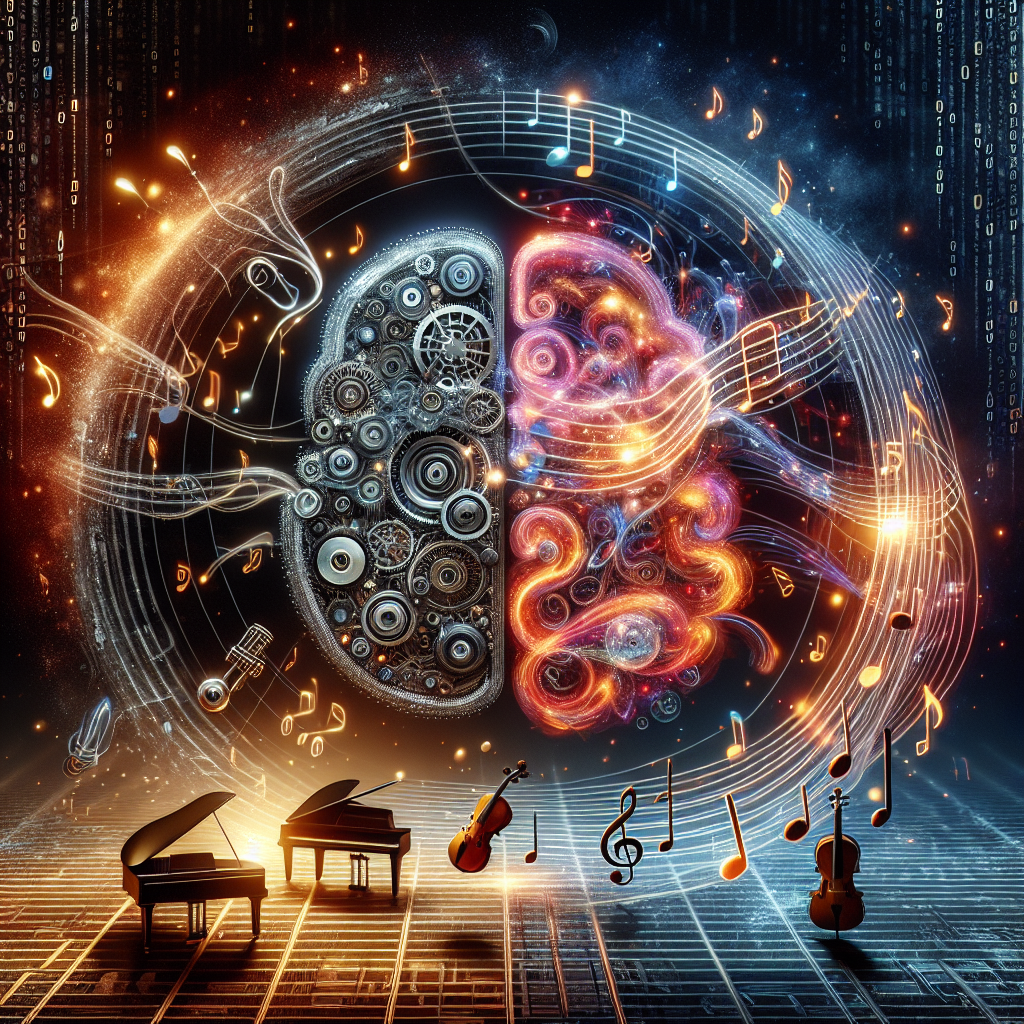Artificial Intelligence (AI) has been making waves in various industries, and the music industry is no exception. AI has the potential to revolutionize the way music is created, performed, and consumed. In this article, we will explore the impact of AI on the future of music performance techniques.
AI and Music Composition
One of the most significant ways in which AI is changing the music industry is through music composition. AI algorithms can analyze vast amounts of data, including existing musical compositions, to generate new and original music. This has the potential to revolutionize the way music is created, as AI can help musicians come up with new ideas and explore different styles and genres.
Some AI programs, such as AIVA and Amper Music, can even compose entire pieces of music on their own. These AI composers can generate music in various styles, from classical to pop, and can even incorporate feedback from human users to refine their compositions.
AI and Music Performance
AI is also playing a role in music performance. One of the most exciting developments in this area is the use of AI to enhance live performances. AI algorithms can analyze the sound of a live performance in real-time and make adjustments to improve the overall quality of the music. This can include adjusting the levels of individual instruments, adding effects, or even generating new musical ideas on the fly.
AI can also be used to create virtual musicians that can perform alongside human musicians. These virtual musicians can respond to the music being played in real-time and add their own unique contributions to the performance. This opens up new possibilities for collaboration and experimentation in music performance.
AI and Music Education
AI is also making waves in music education. AI programs can analyze a student’s playing and provide real-time feedback on their technique, timing, and expression. This can help students improve their skills more quickly and efficiently than traditional methods of music education.
AI can also be used to create personalized learning experiences for students. By analyzing a student’s learning style and preferences, AI programs can generate custom-tailored lesson plans that cater to their individual needs and goals.
FAQs
Q: Can AI replace human musicians?
A: While AI has the potential to generate music and perform alongside human musicians, it is unlikely to completely replace human musicians. Music is a deeply emotional and personal art form, and the human element is essential to its creation and performance.
Q: How can AI benefit musicians?
A: AI can benefit musicians in a variety of ways, including helping them come up with new ideas, improving the quality of live performances, and providing personalized feedback and instruction in music education.
Q: Are there any ethical concerns surrounding the use of AI in music?
A: There are some ethical concerns surrounding the use of AI in music, including questions about ownership and copyright of AI-generated music, as well as concerns about the potential impact of AI on the job market for musicians. It is important for musicians and industry professionals to consider these issues as AI continues to play a larger role in the music industry.
In conclusion, AI is poised to revolutionize the music industry in many ways, including music composition, performance, and education. While there are still some challenges and ethical concerns to address, the potential benefits of AI in music are vast. As AI technology continues to improve and evolve, we can expect to see even more exciting developments in the future of music performance techniques.

